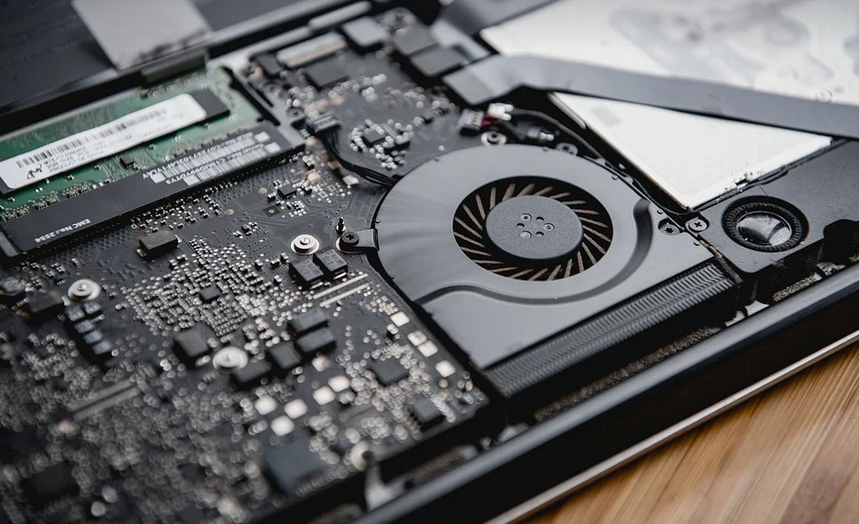What is the Battery Exam?
Ah, the battery exam. You’ve probably heard this term tossed around in nursing school or even on the job, but what does it actually mean? It sounds scary, right? You might even be wondering about your own future as a nurse – will you have to know about batteries and their effects?
Let me assure you – it’s not quite as daunting as it sounds. The “battery exam” is really just a way of describing a key concept in nursing practice: the understanding and protection of patients.
Understanding Battery: A Legal and Ethical Framework
At its heart, the battery exam focuses on the legal principle and ethical framework for patient care. This involves recognizing the potential for harm to a patient stemming from actions that are considered unauthorized or unethical by medical professionals.
Think of it this way: Every time you touch a patient’s body, you’re potentially putting their health at risk unless you have a legitimate reason and permission to do so.
You might be thinking, “But I thought nurses just hold hands and give comfort!” And that’s true! Nurses are essential for comforting patients. But it goes beyond simply providing emotional support. Understanding the legal ramifications of actions is crucial.
The battery examination in nursing aims to educate future nurses about this dynamic aspect of their profession. The exam delves into the legal and ethical framework that governs patient care, ensuring safe, efficient treatment, and respect for individual autonomy.
Why This Matters: Patient Safety First
Imagine a scenario where a nurse mistakenly uses improper techniques or equipment during an examination, leading to unintended pain or harm. This is where the battery exam comes into play. It forces nurses to think critically about every action they take and their potential implications for patient safety.
You might be surprised how deeply this kind of knowledge impacts your practice! The battery exam helps you understand your responsibilities towards your patients – not just as a caregiver, but also as a guardian of their well-being.
Protecting Patients: A Core Value
The battery exam is more than just studying facts and figures; it’s about developing the ethical compass that guides our interactions with patients. We are entrusted to act with good judgment and discretion when working with them, ensuring their safety and advocating for their best interests.
The exam helps you understand this crucial aspect of nursing: prioritizing patient safety and well-being above all else. It emphasizes the importance of informed consent, clear communication, and respect for patient autonomy in every interaction.
Embracing a Holistic Approach to Care
As nurses, we’re not just about administering medication or making diagnoses; we also play a vital role in advocating for our patients’ needs. The battery exam helps you understand this broader perspective by emphasizing the importance of holistic care – addressing not only physical needs but also emotional and psychological ones.
Becoming a Better Nurse: The Importance of Knowledge
The battery exam is an integral part of your nursing education. It challenges you to think critically about your role in patient care, develop sound ethical judgments, and build the foundation for lifelong learning. This knowledge will serve you well throughout your career.
Taking this exam means that you are not only preparing for a specific test, but you are also stepping into a deeper understanding of nursing practice – one that prioritizes patient safety, respect, and responsible action at every turn.
Beyond the Exam: The Importance of Continuous Learning
Remember, the battery exam is just the beginning. As nurses, we’re constantly learning and evolving in this dynamic field. Never stop seeking out new information and challenges; embrace the spirit of lifelong learning to uphold high standards and continue serving your patients with compassion and excellence.
The battery exam is a vital tool for aspiring nurses to understand their ethical responsibilities and navigate the complexities of patient care. It emphasizes the fundamental principles that guide us in this profession: integrity, accountability, and unwavering dedication to our patients’ well-being.
So, don’t be intimidated. The “battery exam” might sound complicated, but it is a necessary part of becoming a skilled and compassionate nurse.


